After So Many More Mass Shootings, Why Is Columbine Still Such A Cultural Touchstone?
LITTLETON, CO — As the birthdate of Nazi dictator Adolf Hitler, April 20 was already a day that lived in infamy.
According to multiple sources, the Hitler connection may have motivated Eric Harris and Dylan Klebold — a pair of ostracized, anti-social teenagers whose sensibilities ran toward the harsh and macabre — to select April 20, 1999, as the day on which they’d open fire on their classmates at Columbine High School.
The Columbine Massacre took 15 lives (including the two shooters) and wounded 24. It also instantly stupefied humanity with horror and has since come to demarcate the dawn of the madness that is our modern school-shooting era.
School shootings had occurred in times past — including, infamously, the 1979 California incident immortalized in the Boomtown Rats hit song “I Don’t Like Mondays”— but they had been gaining momentum throughout the 1990s.
In fact, in the eight months prior to Columbine, no fewer than five school shootings occurred in the United States — in Mississippi, Kentucky, Arkansas, Pennsylvania, and Oregon. Still, somehow, Columbine stands out as a cultural “before-and-after” line.
Since Columbine, 25 fatal school shootings have claimed 141 lives to date.
They seem to happen with such regularity that only particularly heinous horrors stand out anymore, such as the 2012 Sandy Hook slaughter of first graders and the Valentine’s Day Parkland High School massacre in 2018.
And those are just campus abominations. In general, reports of large-scale firearm carnage in non-school venues has grown so familiar that many U.S. residents say they’ve grown “numb” to them. Columbine, however, remains effectively the “9/11” of contemporary mass shootings. It’s both heartbreaking and fascinating to ponder why that might be.
Of course, there is no absolutely definable reason or reasons for Columbine’s ongoing significance. There are just elements and theories that may add up to some form of truth — or they may not.
For one thing, Harris and Klebold stand as prototypical “school shooter types.”
They were white, male, mentally ill victims of bullying who dressed in black “goth” style, listened to heavy metal music, watched horror movies, and expressed a fascination with murder, suicide, and death. The stereotype effectively starts with them. In addition, multiple “copycat” school shooters or those who were caught planning such activity have cited Harris and Klebold as perverse “inspirations.”
Beyond the individuals, Littleton, Colorado, had been a peaceful community in a pristine, bucolic setting, thereby embodying the notion of “It couldn’t happen here!” After Columbine, no place would ever again feel entirely safe.
In terms of law enforcement, Columbine forever altered the way officers handled mass-shooting situations. Agencies studied the police response in order to formulate more rapid and effective means of taking on such situations.
James Gagliano, a retired member of the FBI’s elite hostage rescue team, said Columbine shifted strategic priorities, stating:
“It changed everything. Prior to Columbine, nobody understood what the term ‘active shooter’ meant … Nowadays, we go to the sound of the guns. The number one goal is to interdict the shooter or shooters. In the old days, you took land.”
Gagliano added, “Some of the lessons learned after Columbine, we called it post-Columbine, were stark and important and, I believe, saved a number of lives.”
On the healing side, authorities brought in counselors and psychologists to help Columbine survivors deal with PTSD and other enduring emotional and psychological injuries. Now such professional positions and the procedures they enact are mandatory.
Another huge reason that Columbine so dominates the popular consciousness is that it directly generated several popular culture responses.
Such Columbine-launched touchstones include Michael Moore’s award-winning documentary Bowling for Columbine (2002), in which shock rocker Marilyn Manson claiming he’d been “blamed” for inspiring the killers; Gus Van Sant’s fictionalized film Elephant (2003); and a “bad taste” 2005 video game entitled Super Columbine Massacre RPG!
On April 20, 2018, students across the United States staged a school walkout to commemorate the 19th anniversary of the Columbine Massacre. It was the second such student protest in recent months.
Perhaps just as school shootings became “normalized” in the Columbine’s wake, such demonstrations of community activism can help make sure there are fewer such awful anniversaries to point out in the future.
Watch Now:
Read more: ABC News, New York Times, USA Today, CNN, NPR
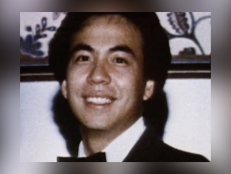
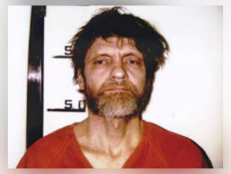
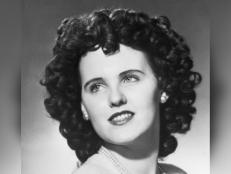
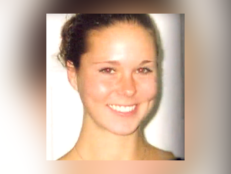
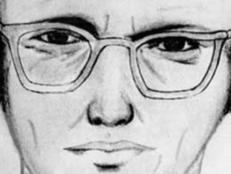
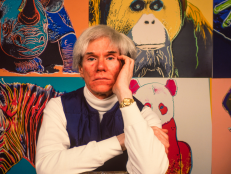
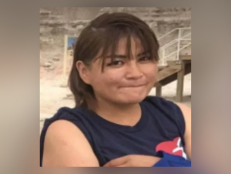
![Biggie Smalls [left] and Tupac Shakur [right] were the best rappers of the East and West Coast during the '90s -- until they were both shot and killed within six months of one another.](http://investigationdiscovery.sndimg.com/content/dam/images/investigationdiscovery/crimefeed/legacy/2022/08/who-killed-biggie-and-tupac-warner-bros-discovery.png.rend.hgtvcom.231.174.suffix/1660229137123.png)

